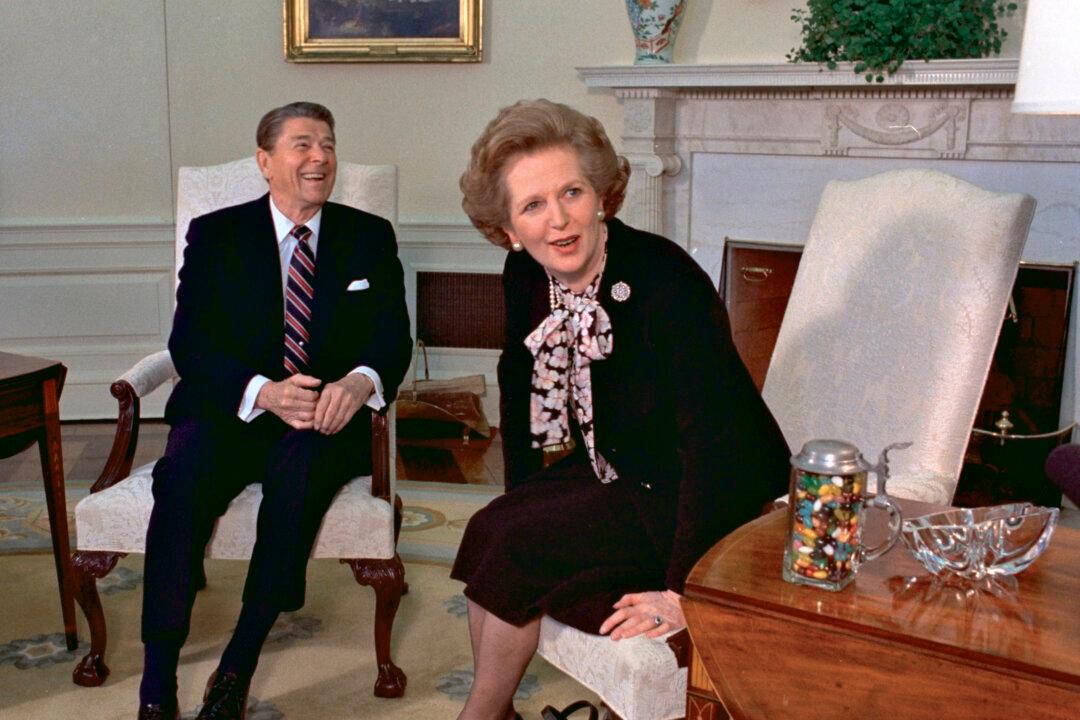Cabinet Office files, just released by the National Archives, show how concerned Baroness Margaret Thatcher’s government were when a maverick former MI5 agent decided to publish his memoirs in Australia.
In 1986, the British government asked Australia’s attorney general to put an injunction on the publication of Spycatcher by 71-year-old Peter Wright, who they claimed was still subject to the Official Secrets Act.





